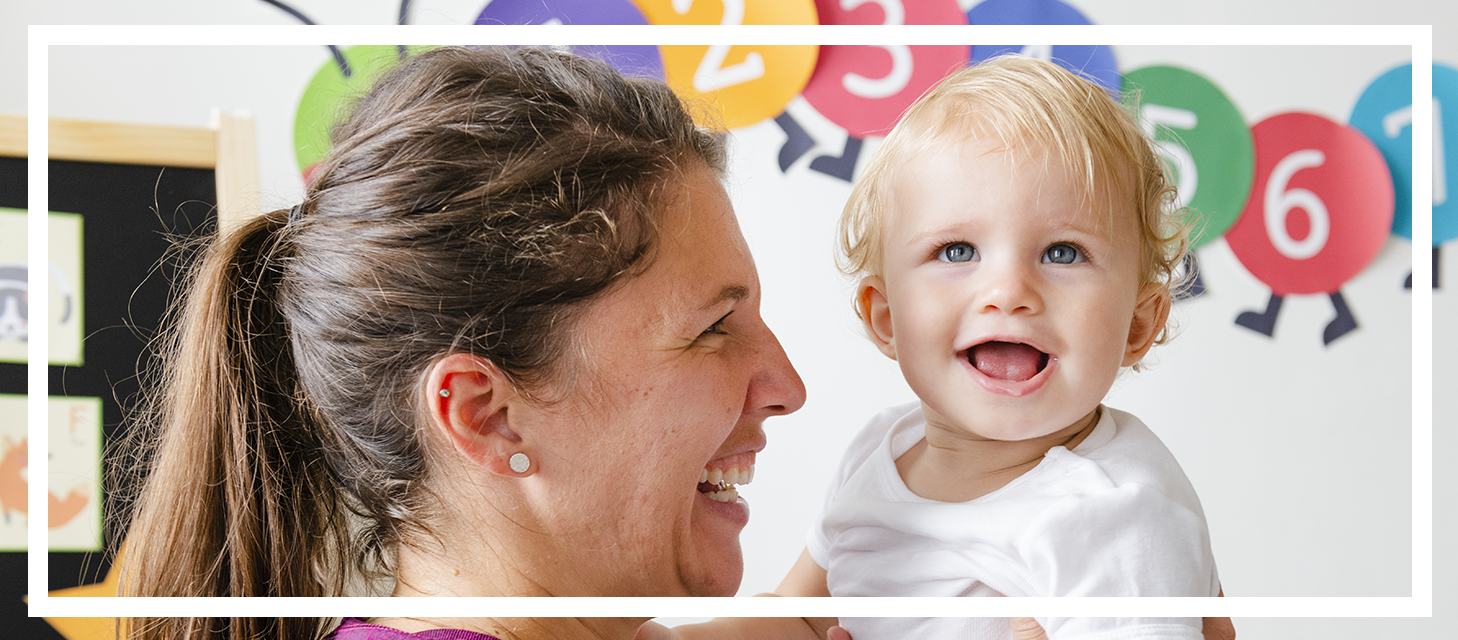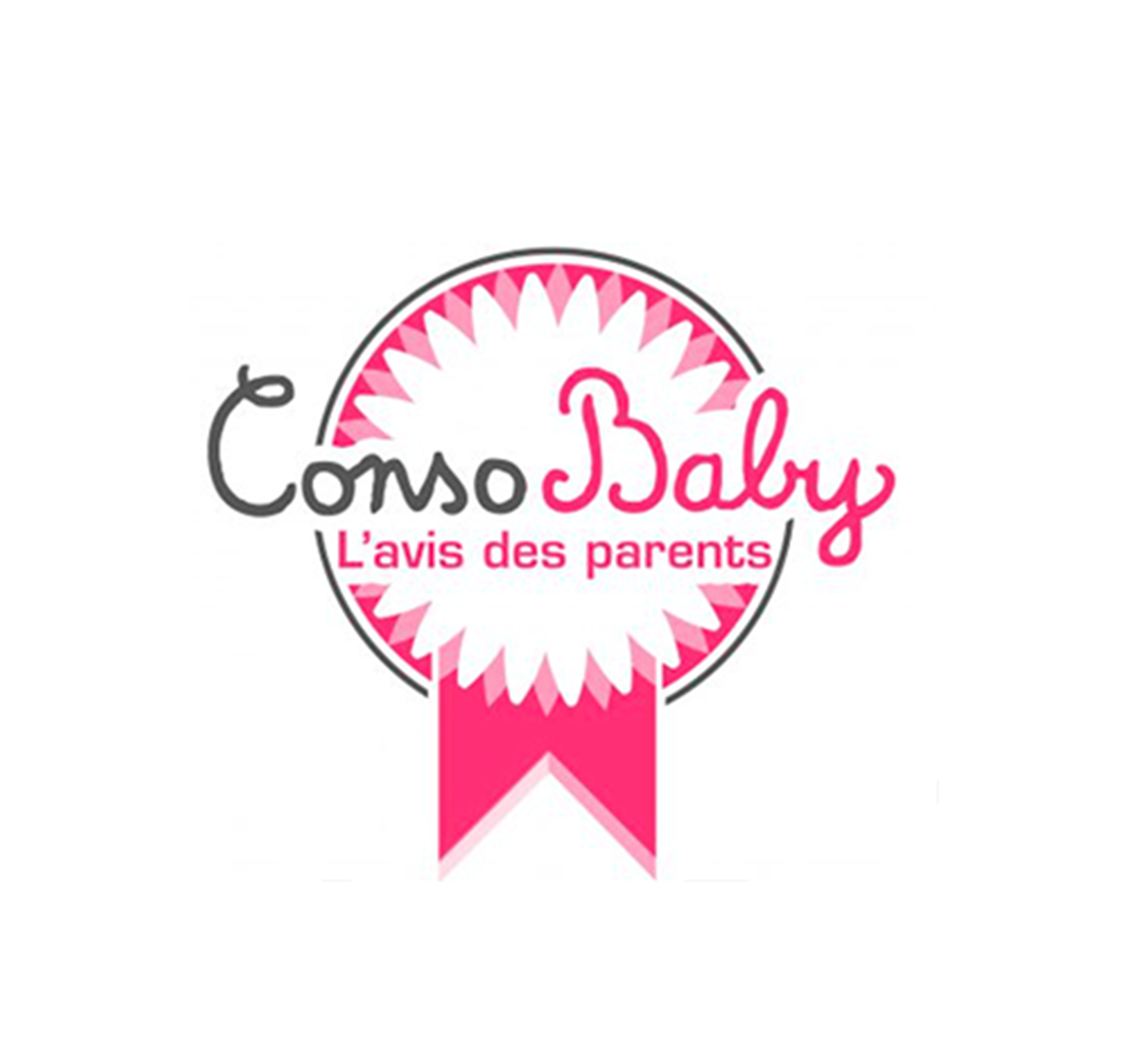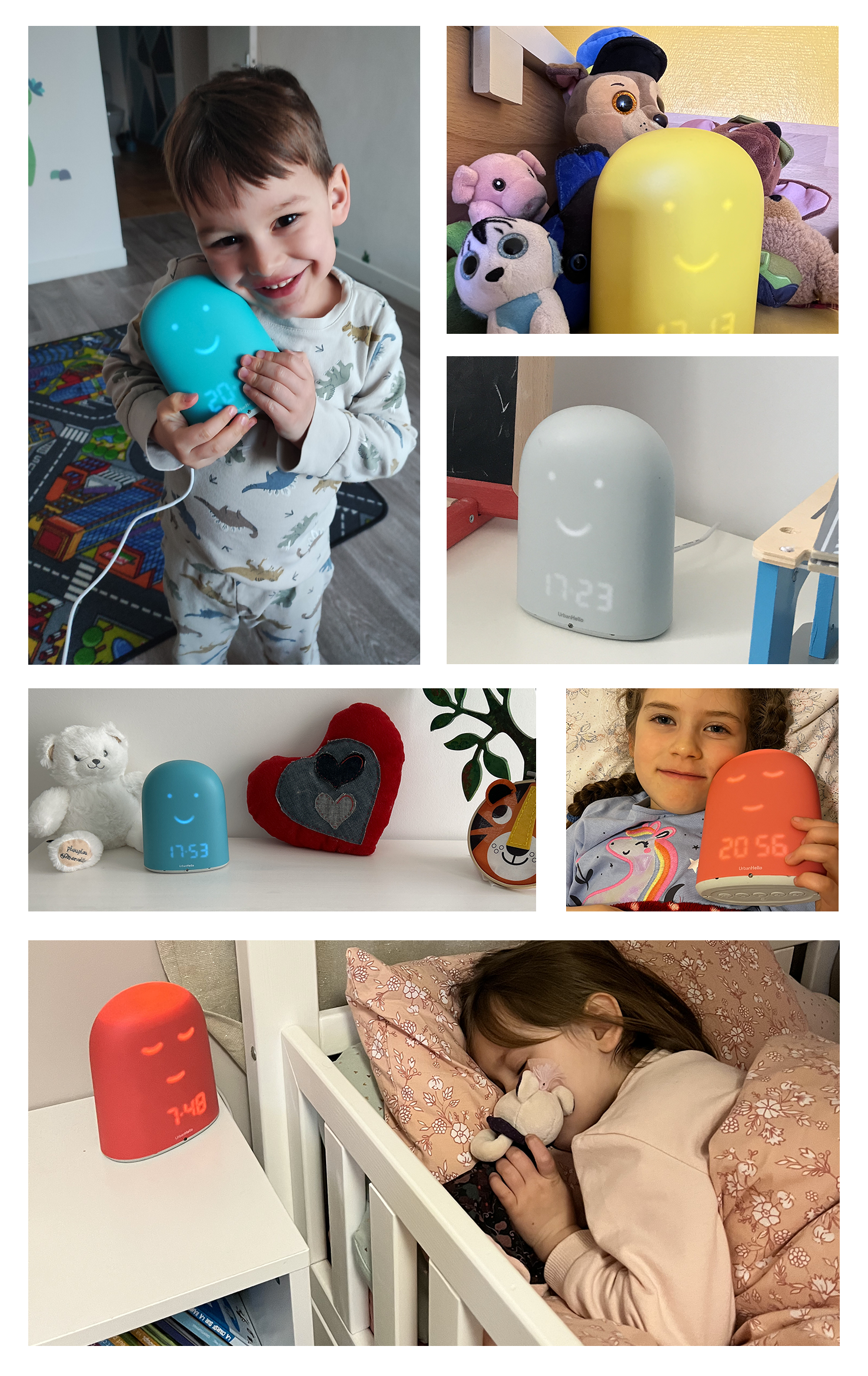Tips to help your baby pronounce his first words!

By 3 months old, your baby is already fascinated by language. They start making sounds, cooing, and doing their best to interact with you.
At this stage, babies are also highly responsive to sounds and their surroundings! It’s not until around 6 months that they begin to form early word-like sounds. This is the beginning of learning consonants: “bababa”, “papapa”.
Between 9 and 15 months, your baby finally says their first word! But it won’t be until around age 3 that they can express themselves more clearly and build a strong foundation for language development.
So how can you encourage your baby to start talking? Are there any simple tips to help them say their first words?
Our Top Tips to Help Your Baby Start Talking:
Discover REMI
THE SMART BABY MONITOR 😊
REMI and its app bring together everything you need to manage your baby’s sleep!
Its mission? Helping families sleep better — from birth up to age 10.
I bought REMI for my 4-year-old son who didn’t want to sleep alone anymore after his little sister was born. Thanks to the remote wake-up system and bedtime stories I can play from a distance, the issue is completely resolved! I 100% recommend this purchase!






 My Child Won’t Sleep Alone: How to Help Them Gain Independence
My Child Won’t Sleep Alone: How to Help Them Gain Independence
 Letting Baby Cry It Out: Effective, But At What Cost?
Letting Baby Cry It Out: Effective, But At What Cost?
 White noise for baby : a scientific research !
White noise for baby : a scientific research !
 What are the positive effects of napping on memory?
What are the positive effects of napping on memory?
 What Time Should Your Child Go to Bed? The Ideal Bedtime by Age!
What Time Should Your Child Go to Bed? The Ideal Bedtime by Age!